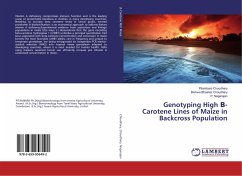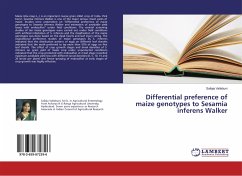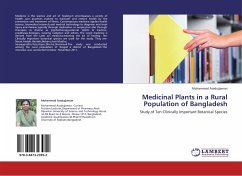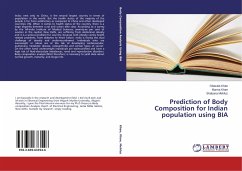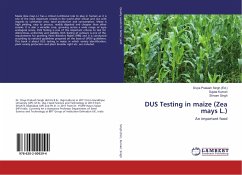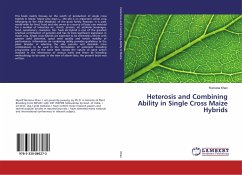Vitamin A deficiency compromises immune function and is the leading cause of preventable blindness in children in many developing countries. Breeding to increase beta carotene levels in cereal grains, termed provitamin A biofortification, is an economical approach to address dietary vitamin A deficiency.Experimental evidence from association and linkage populations in maize (Zea mays L.) demonstrate that the gene encoding beta-carotene hydroxylase 1 (crtRB1) underlies a principal quantitative trait locus associated with beta-carotene concentration and conversion in maize kernels.The most favorable crtRB1 alleles, rare in frequency and unique to temperate germplasm, are being introgressed via inexpensive PCR marker-assisted selection (MAS) into tropical maize germplasm adapted to developing countries, where it is most needed for human health. MAS using markers reported herein can efficiently increase pro Vitamin A carotenoid concentration in maize.

